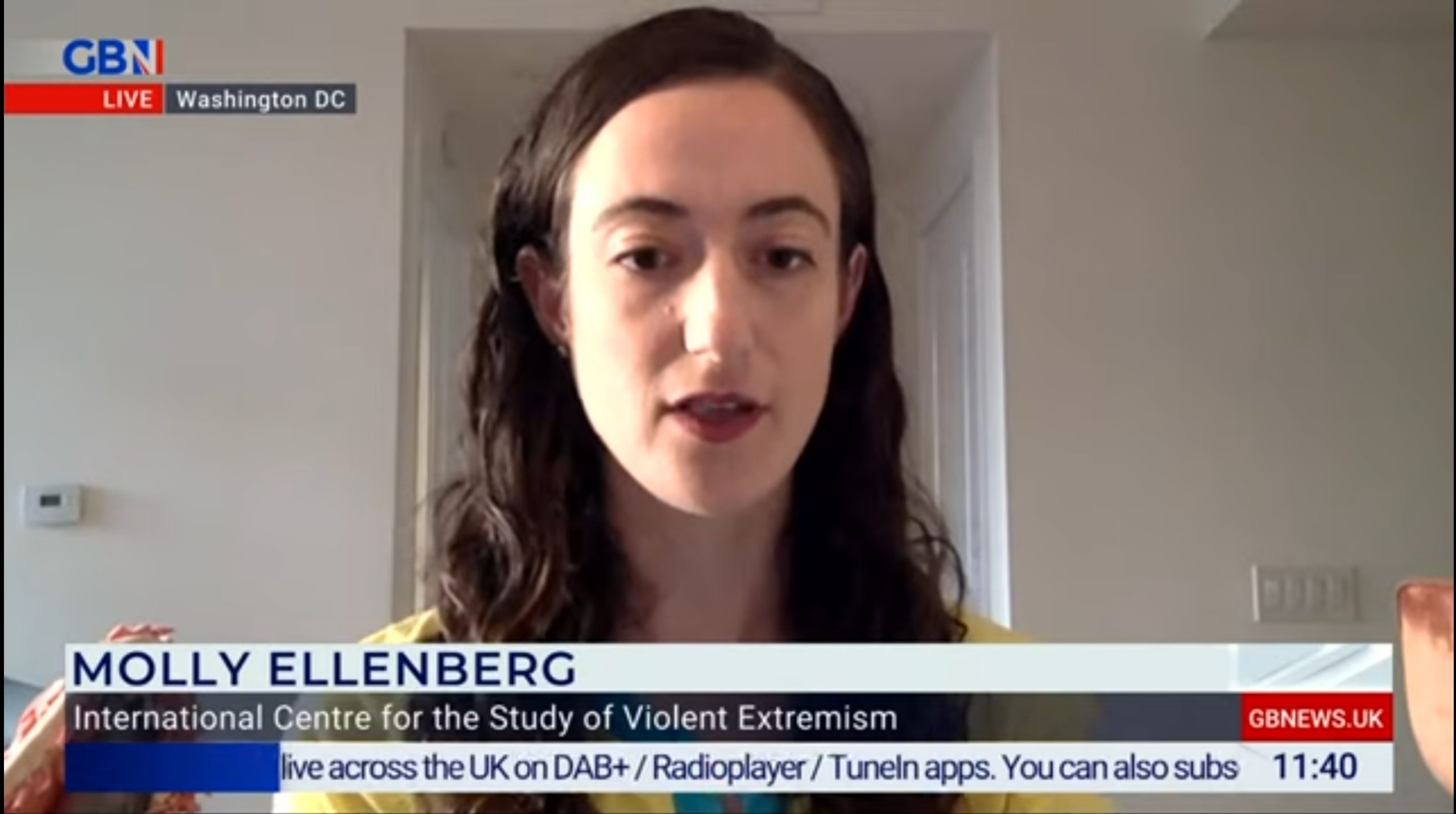
Governments need to Address Anger Among Potential Terror Recruits, Nato conference told
Dr. Speckhard quoted in article
By: Caline Malek – The National
Speakers at the StratCom Dialogue in Riga described a crucial lack of coordination when countering violent extremism.
Governments need to target potential converts to extremism and channel their anger elsewhere if they are to prevent recruitment by terror groups, security experts have said at a Nato-organised conference.
With Islamism increasingly becoming a political movement, speakers at the StratCom Dialogue in Riga, Latvia, described a crucial lack of coordination when countering violent extremism.
Terror groups such as Isil have successfully recruited close to 50,000 foreign fighters from 100 different countries, according to estimates, many though social media. With the imminent fall of Isil in Iraq expected, governments will also have to deal with fighters returning to their home countries.
Maqsoud Kruse, executive director at the Abu Dhabi-based counter-extremism think tank Hedayah, was among the panelists yesterday.
“If I look into the eyes of any violent extremist, I would ask them what they would want to be,” he said of the need to address the roots of extremism thought.
“They have a sense of identity, a sense of purpose and they think they’re making a difference in the world so what we need to present them with is what it is we want from them and how we can help them.”
He said education continues to be the primary tool to counter violent extremism.
“One of the main good practices is critical thinking and it is probably the ultimate antidote of all forms of extremism,” he said. “I want them to be critical thinkers, culturally intelligent, tolerant, innovative and creative. Research has shown that there is something called deviant creativity, [where] we forget that these individuals are criminals yet their own talent, gifts and creativity are utilised in a very different direction.”
In recent months, the fight against Isis has intensified with fighters being cornered in Mosul and the Syrian stronghold of Raqqa, which it calls its capital. Seized by the group in early 2014, Raqqa became known as a hub for its operations in Syria, Iraq and beyond.
But the fall of Isil will not mean the end of the extremist narrative, the conference heard. Over the years, recruiters have been communicating more effectively, learning to exploit those who have fallen through the nets of society.
“Those recruited aren’t just motivated to commit violence,” said Jonathan Russell, executive director at Quillium Global, a UK-based counter-extremism organisation.
“They’re also recruited in pyramid schemes, in structures that resemble cults to ensure this broad political movement continues to have recruits. Most prominently over the last three to four years, thousands from dozens of countries around the world have been motivated by these same communication techniques and same ideologies to join Isis in Iraq and Syria so communications are being used to devastating effects and it’s not just changing attitudes, it’s very much changing their behaviours too.”
The International Centre for the Study of Violent Extremism has partnered with Facebook on a campaign showcasing defectors’ experiences.
“Isis came up at the right time to use social media,” said Dr Anne Speckhard, the centre’s director, who interviewed more than 500 terrorists – 62 of which are Isis defectors. “You used to have to find a cell to join a group like Al Qaeda but nowadays, all you need is your phone and you have social support. All terrorism is political so if you address well the political grievances, you’ll get rid of most terrorism.”
But the battle is long, according to Hassan Abbas, chair of regional and analytical studies at the National Defence University’s College of International Security Affairs in Washington.
“It was the Taliban narrative which fed into the Al Qaeda narrative which fed into the Zarqawi narrative which fed into the Daesh narrative,” he said. “It’s important to understand the historical narrative and there is also a need for inter-faith dialogue – if you don’t have that trust between Muslims, Christians and Jews, then you won’t be able to craft a message.”
Updated: July 7, 2017 09:33 AM



